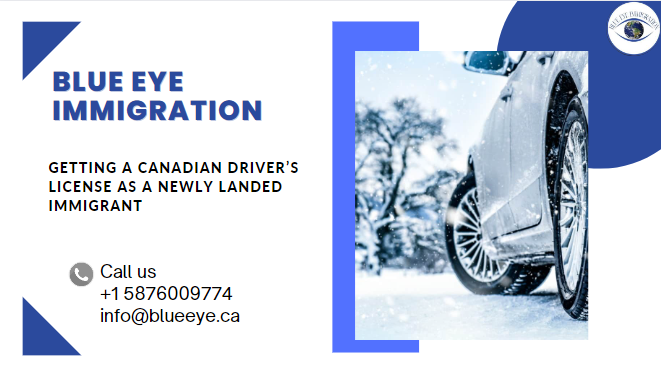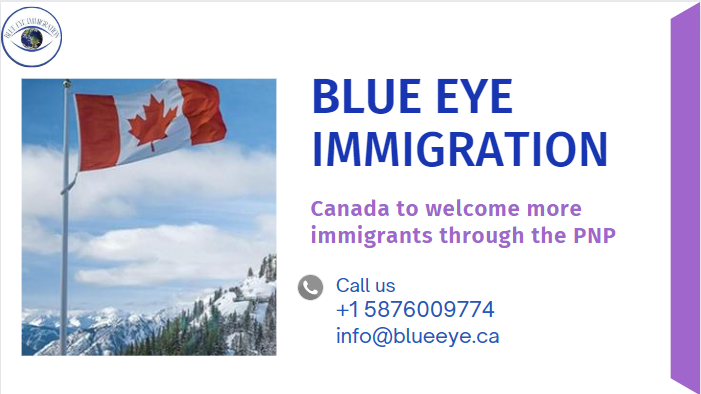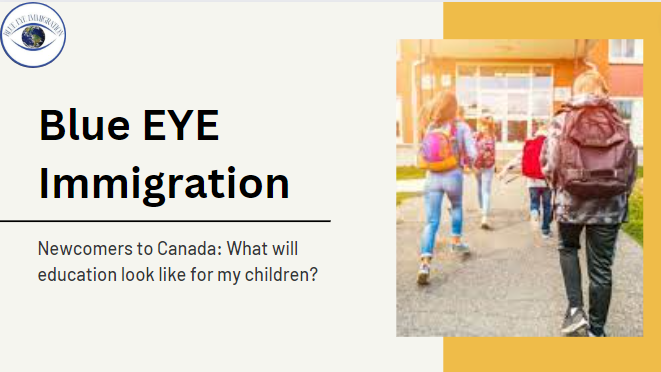It is illegal to drive in Canada without a valid driver’s license and valid car insurance.
Car insurance
All drivers in Canada must either get insurance coverage for a vehicle that they own or make sure they are listed on the appropriate car insurance plan if they regularly drive a car owned by a relative or friend.
Briefly, the purpose of an insurance plan is to cover the cost of injuries or damage to the car(s) involved in an accident. It is also important to know that the cost of an insurance plan varies based on the insurance provider, the chosen plan and the age, driving record, driving experience and living location of the person being insured.
Driver’s licenses
All drivers must also carry a valid driver’s license at all times. Driver’s licenses are official documents issued by the government of a specific province or territory that allow holders to drive in the region where the license was issued.
The process for obtaining a driver’s license differs in each province or territory, which also depends on the individual’s driving history. In any case, this process typically includes a written exam regarding road rules and one or two driving tests.
Note: Online resources exist to help written exam takers prepare for the test and driving lessons are available to assist with preparation for that portion of the driver’s license process.
Although driver’s licenses are required for both Canadian citizens and permanent residents (PRs), there are slight variations to this process that may benefit Canadian PRs with respect to getting their Canadian driver’s license faster.
Driving in Canada as a newly landed immigrant
For a short time, new Canadian PRs can drive a car in their home province/territory using an international driver’s license. It is strongly recommended that all international driver’s license holders also carry an International Driving Permit (IDP) from their home country during this time. Briefly, IDPs provide the driver with a written translation of their international license into French and English. Learn more about IDPs here.
Listed below are the validity periods of international driver’s licenses for new permanent residents in each Canadian province/territory.
- Ontario: 60 days (Ontario Foreign License Exchange)
- Alberta: 90 days (Alberta Foreign License Exchange)
- British Columbia: 90 days (British Columbia Foreign License Exchange)
- Prince Edward Island: 4 months (Prince Edward Island Foreign License Exchange)
- Nova Scotia: 90 days (Nova Scotia Foreign License Exchange)
- Manitoba: 3 months (Manitoba Foreign License Exchange)
- Saskatchewan: 90 days (Saskatchewan Foreign License Exchange)
- Newfoundland and Labrador: 3 months (Newfoundland and Labrador Foreign License Exchange)
- New Brunswick: No validity period for international driver’s licenses (New Brunswick Foreign License Exchange)
- Quebec: 6 months (Quebec Foreign License Exchange)
- Nunavut: Information not available, see this link for more
- Northwest Territories: Information not available, see this link for more
- Yukon: Information not available, see this link for more
At the end of the above-outlined period, new immigrants must obtain a Canadian license for the province or territory in which they reside.
Obtaining a driver’s license in Canada as a new immigrant
In certain circumstances, foreign nationals can apply to exchange their international driver’s license for a driver’s license from their province or territory. Driver’s license exchanges allow new Canadian immigrants to fast-track their way to a Canadian driver’s license. in some cases, foreign nationals can entirely forego typically necessary driving examinations.
Notably, driver’s license exchanges work differently in different parts of Canada.
Example: Ontario
International driver’s license holders in Ontario – the settlement location of nearly half (42%) of all Canadian PRs in 2022 – can exchange their driver’s license for an Ontario license if they are re-locating from any of the following places:
- Another province or territory in Canada
- The Canadian Armed Forces
- Australia, Austria, Belgium, France, Germany, Great Britain, the Isle of Man, Japan, South Korea, New Zealand, Northern Ireland, the Republic of Ireland, the United States of America, Switzerland, Taiwan
However, there are some circumstances under which new immigrants to Ontario cannot exchange their out-of-province licenses for an Ontario license.
Note: Included in brackets next to each province/territory in the above list is a link to an online resource regarding international driving license exchanges in that region.
Benefits of a driver’s license exchange in Ontario
In Ontario, a successful driver’s license exchange could mean that new immigrants can fast-track their way to a full G license (depending on their driving experience).
For example, new Canadian immigrants who are fully licensed internationally with over two years of driving experience can obtain a full Ontario license after completing a successful license exchange and passing an eye/vision test. This means that they are not required to complete a G1 written exam, G2 road test or G road test.
Meanwhile, those who complete a successful license exchange but have less than two years of combined (international and Ontario) driving experience can forego Ontario’s standard G1 and G2 examinations once they reach the 24-month driving experience benchmark. In this case, assuming they also have passed the eye test taken during the license exchange application, new Ontario immigrants can get a full provincial driver’s license by passing just the G road test (once they have been driving for two full years).
Note: The above content is just an example of one province because Ontario is the most common landing province for new Canadian immigrants.
Again, please refer to the bulleted list in the above section on driver’s licenses for more detailed information about driver’s license exchanges in Ontario and other provinces and territories across Canada, as each region has its own criteria and rules for this process.



